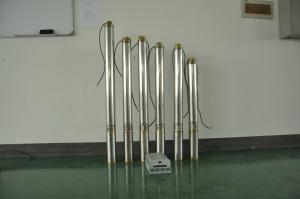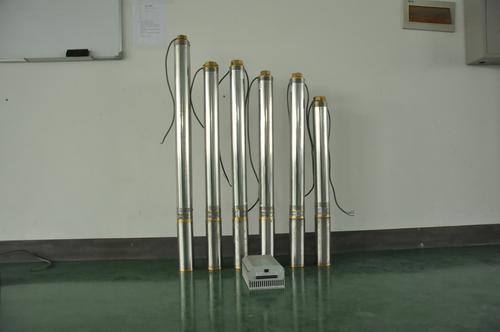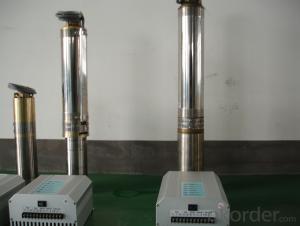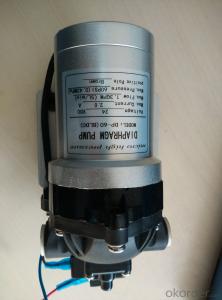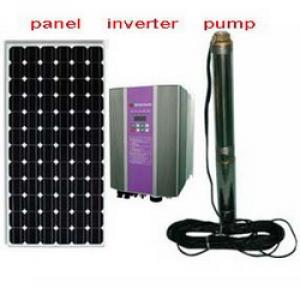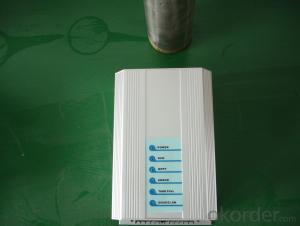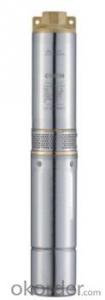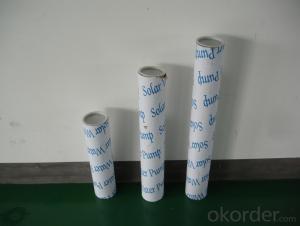DC Brushless Solar water pump
- Loading Port:
- Shanghai
- Payment Terms:
- TT OR LC
- Min Order Qty:
- -
- Supply Capability:
- 300 set/month
OKorder Service Pledge
Quality Product, Order Online Tracking, Timely Delivery
OKorder Financial Service
Credit Rating, Credit Services, Credit Purchasing
You Might Also Like
how is the rotor made:
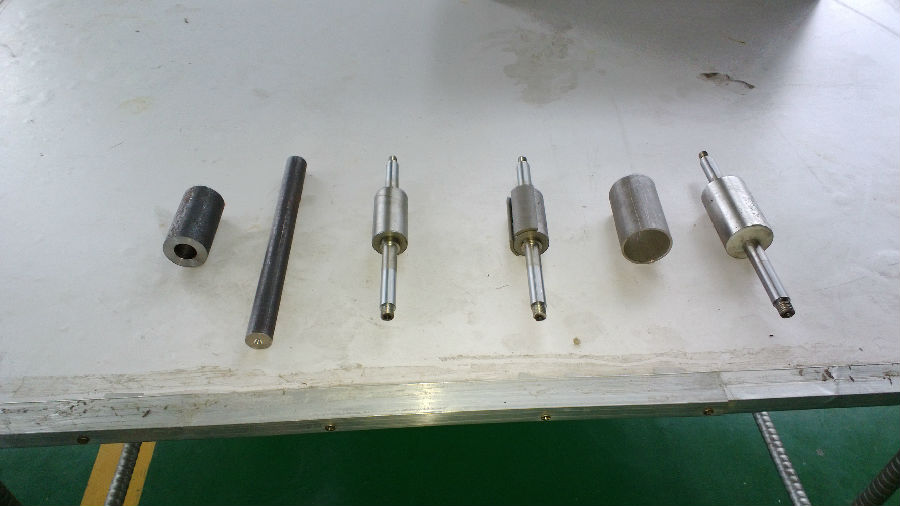
how is the motor made:
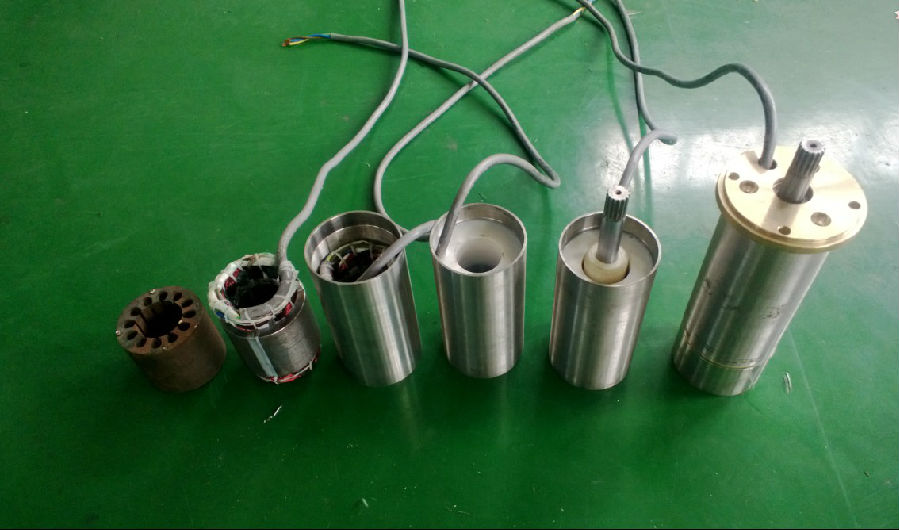
the pump :
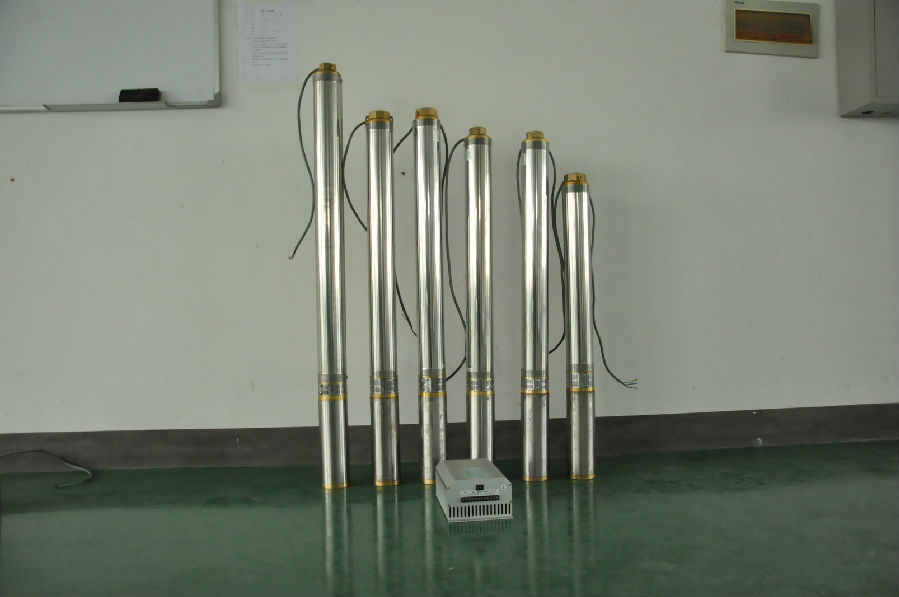
controller terminal connection:
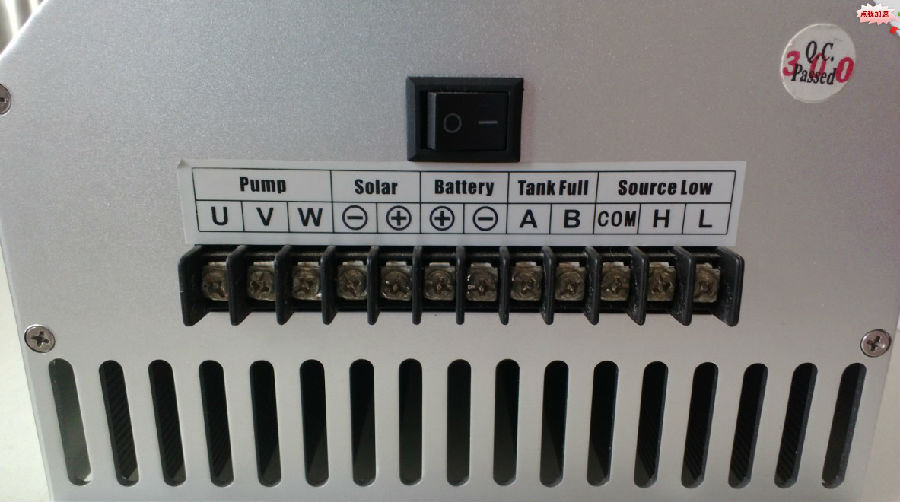
The permanent magnet:

the impeller:
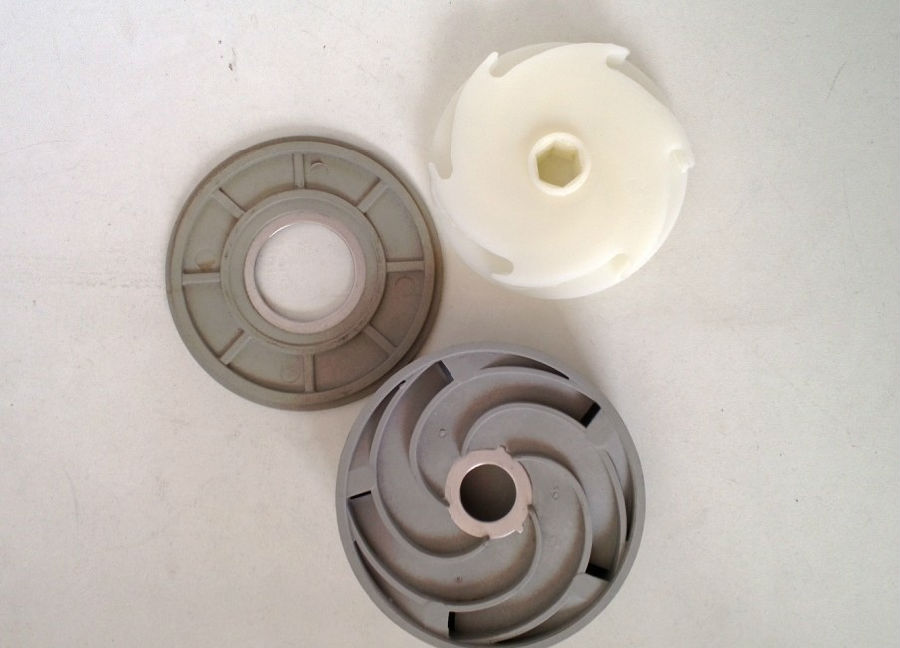
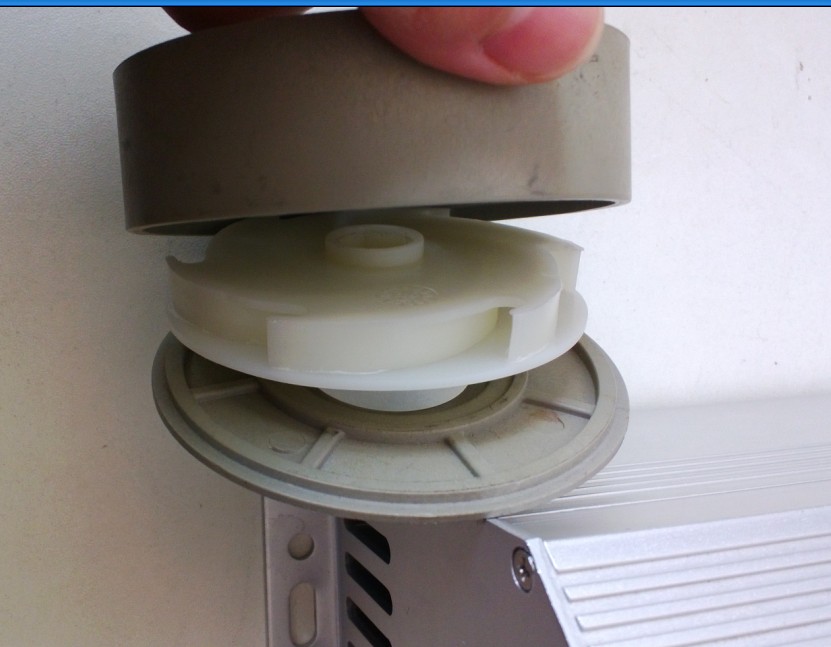
controller box:
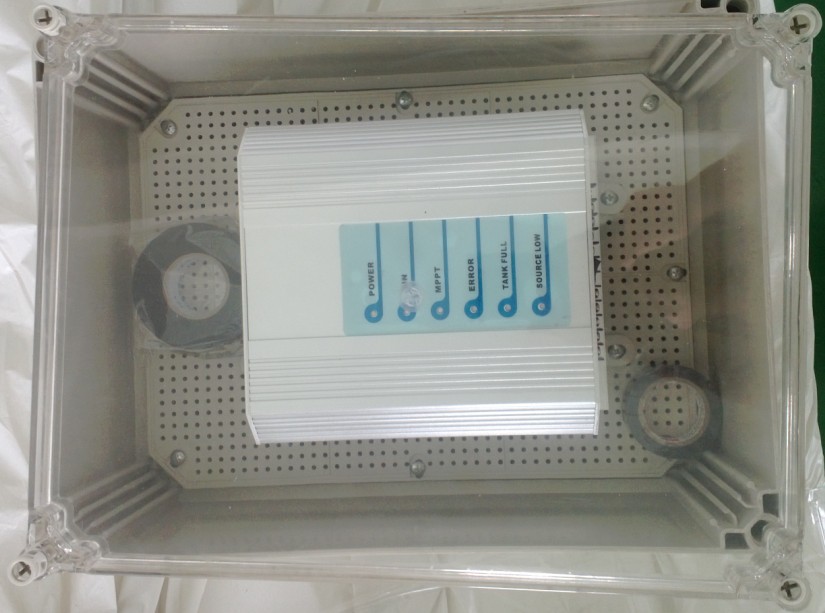
the senors:
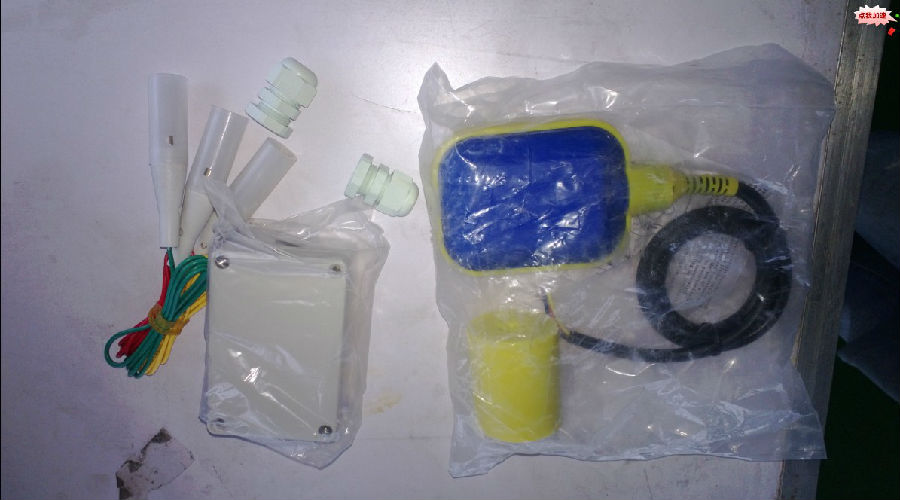
the test:
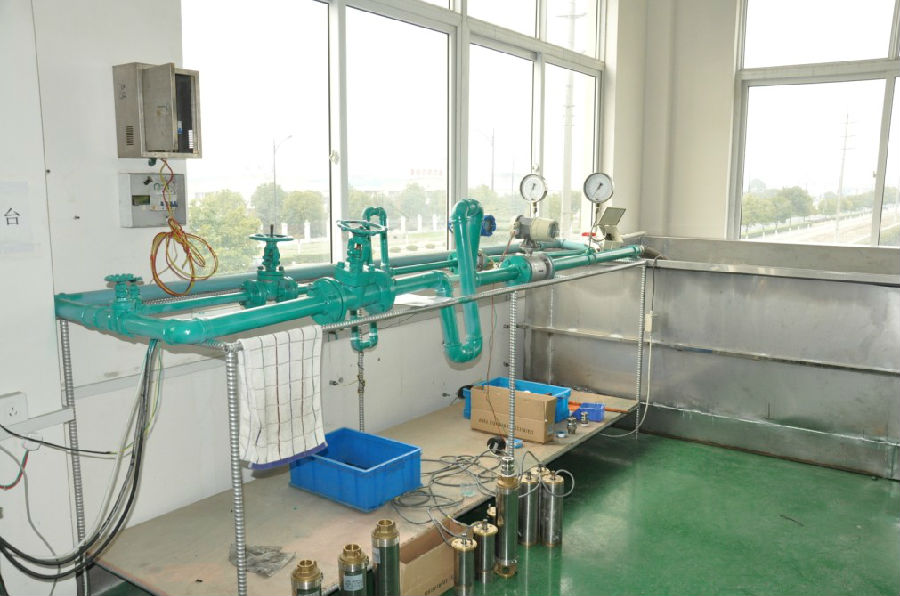
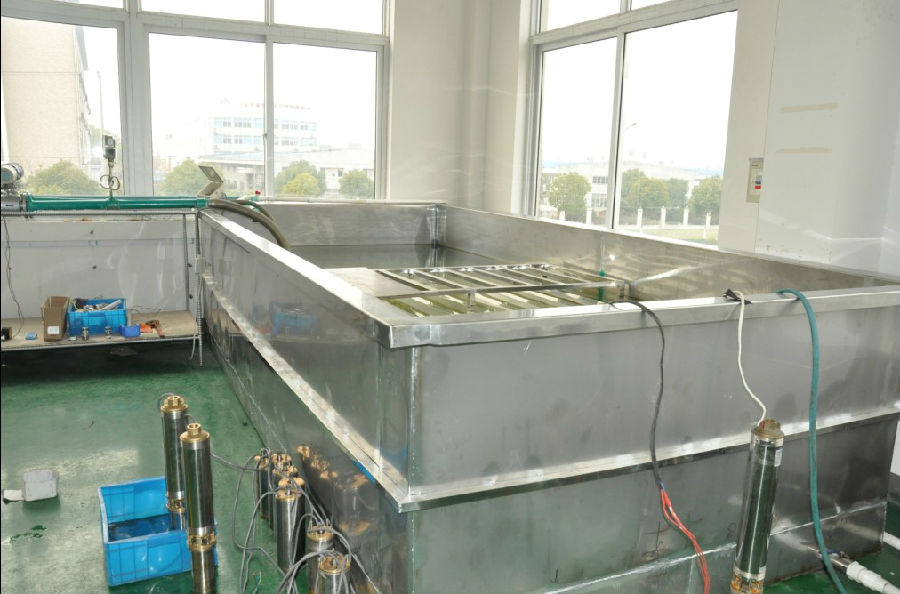
the application:
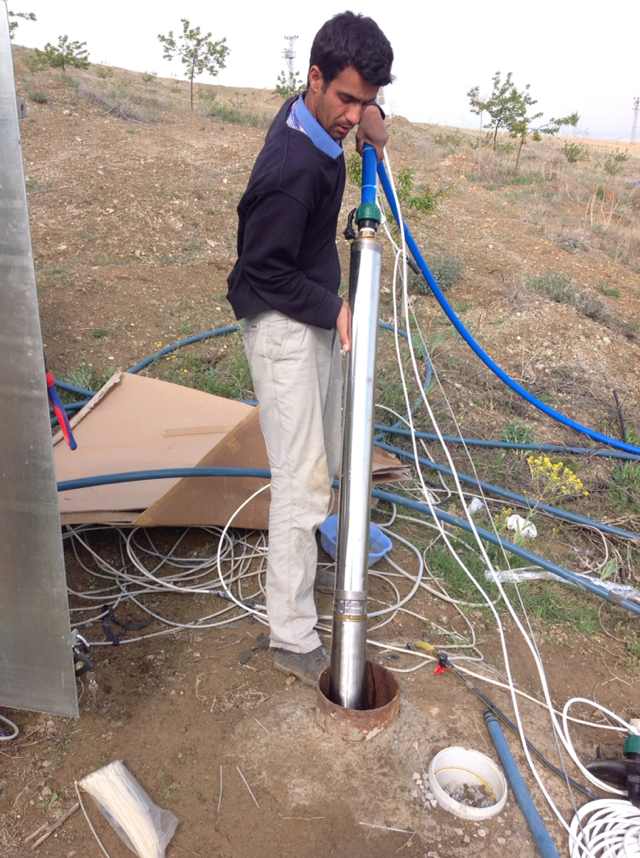
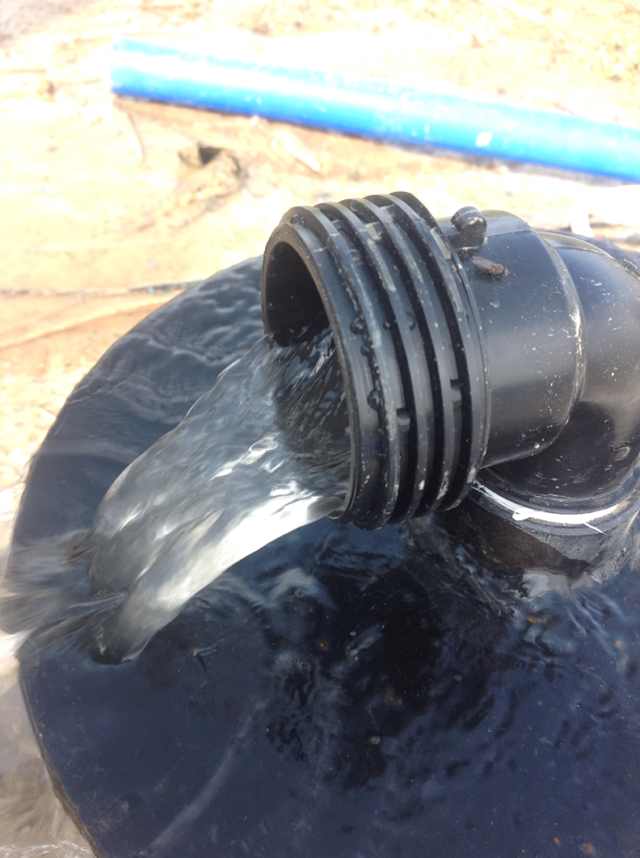
the package:
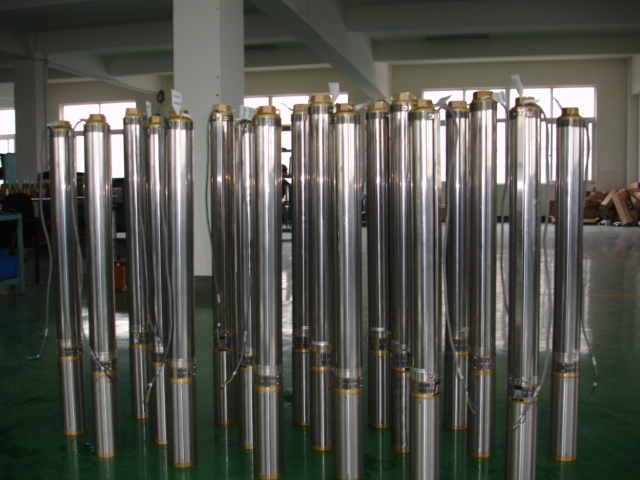
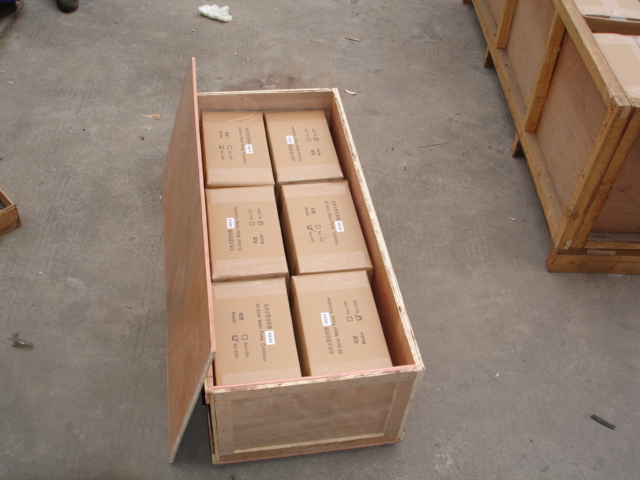
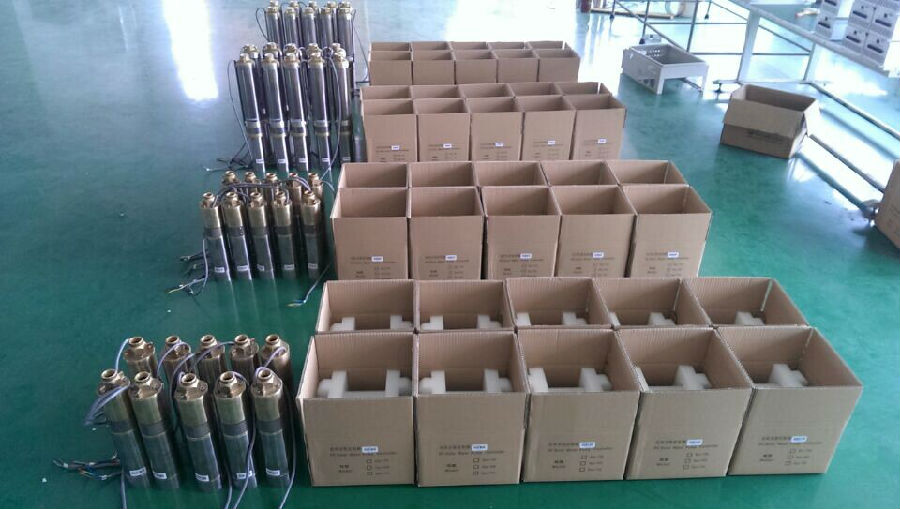
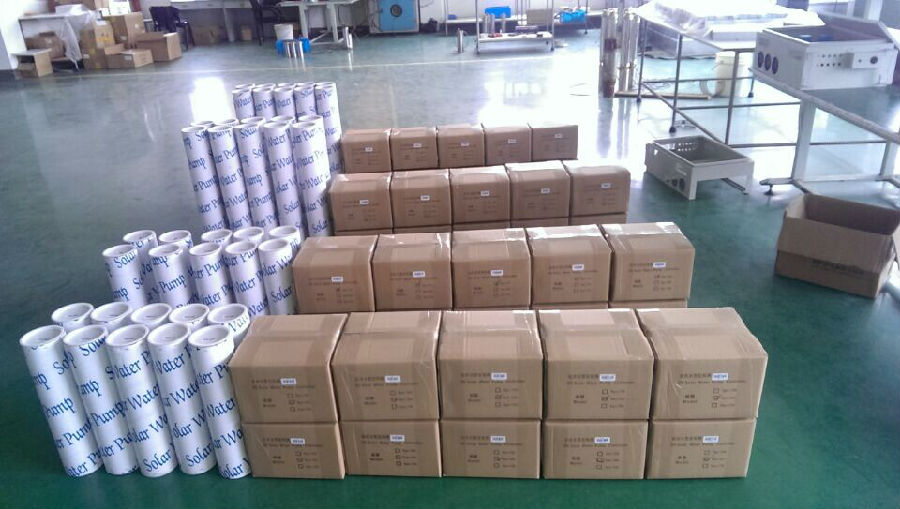
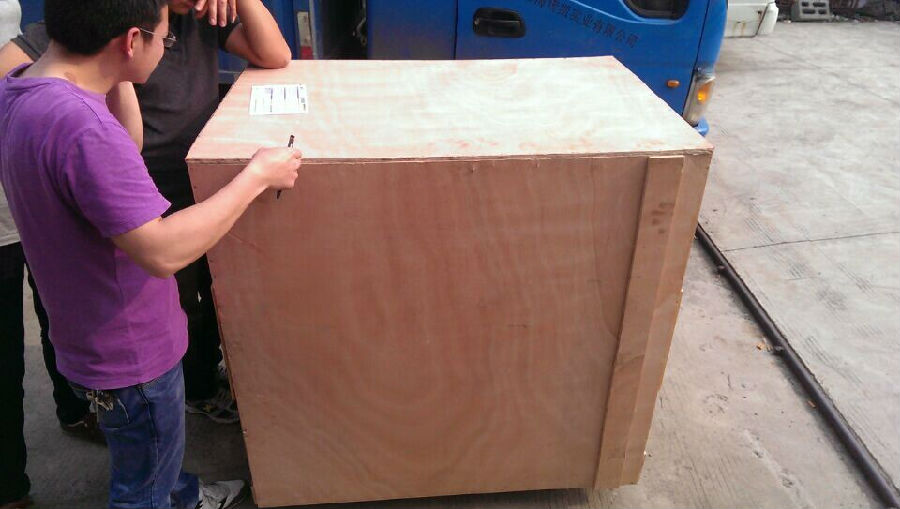
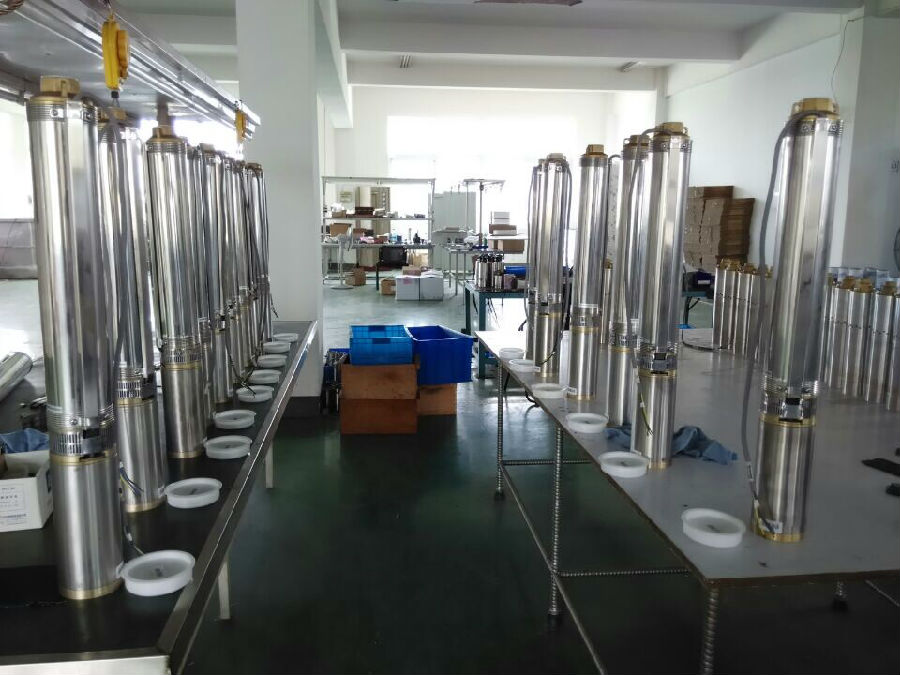
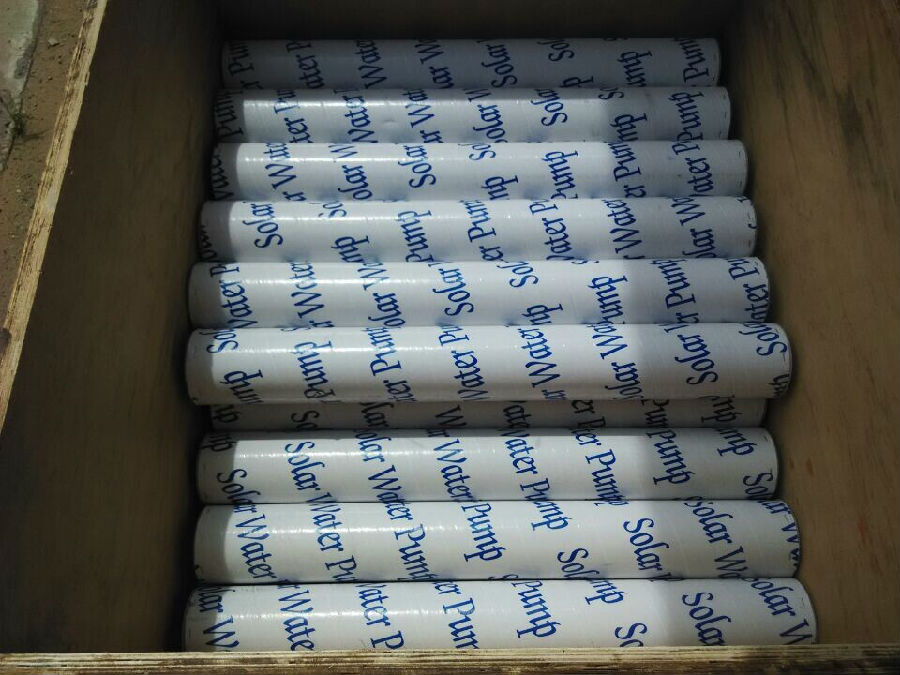
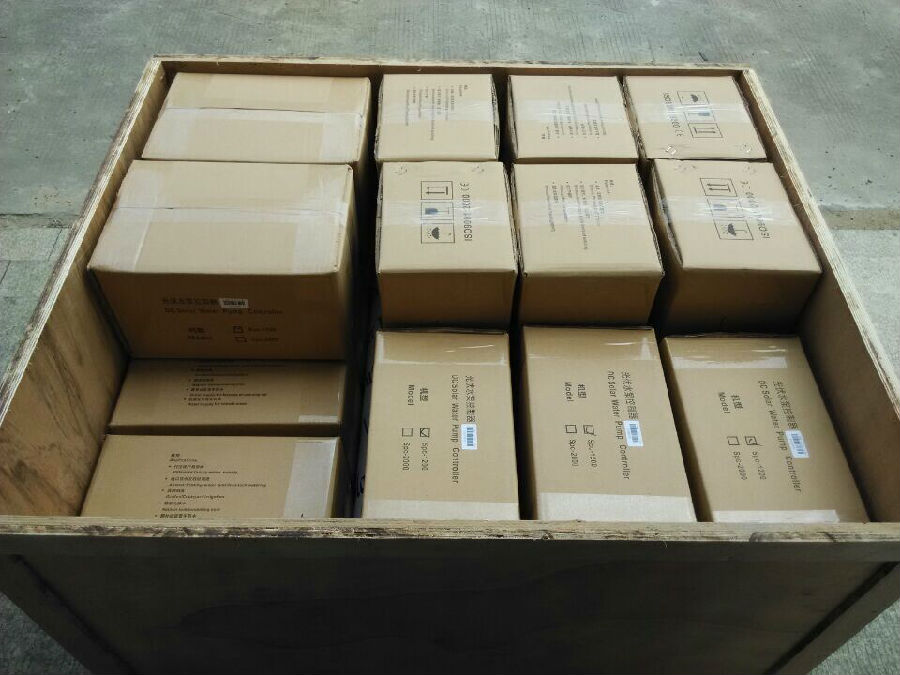
- Q: Are there any limitations to using a solar pump?
- Yes, there are some limitations to using a solar pump. One limitation is that solar pumps are dependent on sunlight, so they may not work efficiently or at all on cloudy or rainy days. Another limitation is that the amount of water pumped by a solar pump is directly related to the intensity of sunlight, so it may vary throughout the day and throughout the seasons. Additionally, solar pumps can be more expensive to install compared to traditional pumps, although they can save money in the long run due to lower operational costs.
- Q: Are there different sizes or capacities of solar pumps available?
- Yes, there are indeed different sizes and capacities of solar pumps available in the market. Solar pumps come in various sizes and capacities to cater to different needs and applications. The size and capacity of a solar pump depend on factors such as the depth of the water source, the volume of water required, and the specific purpose for which it is being used. For smaller applications such as household water supply or irrigation of small gardens, there are smaller solar pumps with lower capacities. These pumps are typically designed to pump a few hundred to a few thousand liters of water per hour. On the other hand, for larger applications such as agricultural irrigation, livestock watering, or water supply for communities, there are larger solar pumps with higher capacities. These pumps can handle pumping thousands to tens of thousands of liters of water per hour. The variety in size and capacity allows individuals, businesses, and organizations to select a solar pump that meets their specific requirements. It is important to carefully assess the water needs and the available solar resources to choose the right size and capacity of the solar pump for optimal efficiency and performance.
- Q: How does the performance of a solar pump vary with different pumping distances?
- The performance of a solar pump can change depending on the distance it needs to pump. When the pumping distance increases, the solar pump's performance may decrease due to various factors. One of the main factors that affects a solar pump's performance at different pumping distances is the vertical distance or head height that the water needs to be lifted. The higher the head height, the more energy the pump needs to lift the water, which can result in reduced performance. Solar pumps have a maximum head height they can reach, and exceeding this limit can lead to a decrease in flow rate and efficiency. Moreover, the distance between the pump and the water source can also impact its performance. As the pumping distance increases, there can be friction losses in the pipes, which can cause a decline in performance. The longer the distance, the more significant these friction losses become, resulting in reduced flow rate and efficiency. Furthermore, the size and capacity of the solar pump also contribute to the variation in performance. Different pumps have different power ratings and flow rates. It is crucial to choose a pump that can efficiently handle the required flow rate and head height when selecting a solar pump for a specific pumping distance. It is essential to consider that the performance of a solar pump can also be affected by other factors such as the quality and condition of the solar panels, the amount of sunlight available, and the overall system design. Therefore, it is recommended to consult with a solar pump expert or supplier to determine the most suitable pump for a specific pumping distance, ensuring optimal performance.
- Q: Can a solar pump be used in areas with high altitude?
- Yes, a solar pump can be used in areas with high altitude. Solar pumps are powered by sunlight, which is available in abundance at higher altitudes. However, it is important to ensure that the solar panels are placed at an optimal angle to capture maximum sunlight. Additionally, the efficiency of the solar pump may vary slightly at high altitudes due to the lower air density, but it can still function effectively.
- Q: Can solar pumps be used for water supply in vineyards or wineries?
- Yes, solar pumps can be used for water supply in vineyards or wineries. Solar pumps are an efficient and sustainable solution for pumping water, making them a suitable choice for agricultural applications such as vineyards and wineries. They can help reduce energy costs, decrease dependence on fossil fuels, and provide a reliable water supply for irrigation and other purposes in these settings.
- Q: How does the depth of the water source affect the performance of a solar pump?
- The depth of the water source directly affects the performance of a solar pump. As the depth increases, the pump needs to work harder to lift the water to the surface, resulting in reduced efficiency and lower flow rates. Therefore, the deeper the water source, the more powerful solar pump is required to maintain optimal performance.
- Q: Can a solar pump be used for water supply in remote areas?
- Yes, a solar pump can be used for water supply in remote areas. Solar pumps are specifically designed to operate using solar energy, making them an ideal solution for areas without access to electricity. They can effectively draw water from underground sources and provide a reliable and sustainable water supply in remote locations.
- Q: Are there any limitations on the vertical distance water can be pumped with a solar pump?
- Yes, there are limitations on the vertical distance water can be pumped with a solar pump. The lift capacity of a solar pump depends on factors such as the power of the solar panel, the efficiency of the pump, and the size and type of the pump. Generally, solar pumps are capable of lifting water to a maximum vertical distance of around 100-200 feet. However, it is important to consider the specific specifications and capabilities of the particular solar pump being used.
- Q: Can a solar pump be used for agricultural applications?
- Yes, a solar pump can be used for agricultural applications. Solar pumps are an excellent alternative to traditional pumps that rely on fossil fuel-powered engines or electricity from the grid. They are particularly well-suited for agricultural use in areas with abundant sunlight and limited access to electricity. Solar pumps can be used for various agricultural applications such as irrigation, livestock watering, and water supply for crop spraying. They are highly efficient, cost-effective, and environmentally friendly. By harnessing solar energy, these pumps eliminate the need for expensive fuel or electricity, thus reducing operational costs for farmers. Furthermore, solar pumps provide a reliable and consistent water supply, ensuring that crops receive adequate irrigation even in remote or off-grid locations. They are easy to install, require minimal maintenance, and have a long lifespan, making them a practical solution for agricultural needs. In addition to these benefits, solar pumps contribute to sustainable farming practices by reducing carbon emissions and dependency on non-renewable energy sources. Farmers can also take advantage of government incentives and subsidies often available for adopting solar-powered equipment. In conclusion, a solar pump is an excellent choice for agricultural applications due to its efficiency, cost-effectiveness, reliability, and environmental advantages. It promotes sustainable farming practices and offers a viable solution for farmers in areas with limited access to electricity or high fuel costs.
- Q: Are solar pumps energy-efficient?
- Yes, solar pumps are energy-efficient. They utilize solar energy to power their operation, which is a renewable and clean energy source. Unlike traditional pumps that rely on fossil fuels or electricity from the grid, solar pumps have lower operational costs and reduce dependence on non-renewable resources. Additionally, they have minimal maintenance requirements and can be utilized in remote areas where access to electricity may be limited.
Send your message to us
DC Brushless Solar water pump
- Loading Port:
- Shanghai
- Payment Terms:
- TT OR LC
- Min Order Qty:
- -
- Supply Capability:
- 300 set/month
OKorder Service Pledge
Quality Product, Order Online Tracking, Timely Delivery
OKorder Financial Service
Credit Rating, Credit Services, Credit Purchasing
Similar products
Hot products
Hot Searches
Related keywords
